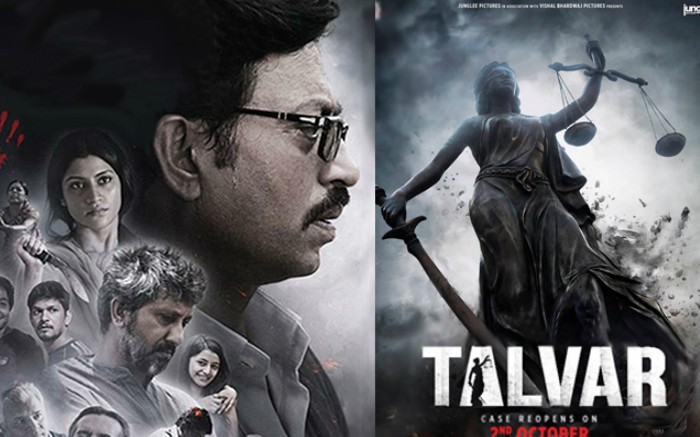
And the director wants us to get angry. Meghna Gulzar has a last name that carries a heavy burden, but she acquits herself with grace, restrain, and a lot of maturity. The film shows a system rotten to the core, where prejudices and pettiness combine to compound a tragedy into a tragic farce.
And it hurts. The film is not just about some Talwars, it is a talwar. It is a sword pointing at you, nudging you, coaxing you to rise from the comfortable slouch in your multiplex seat. It is meant to hurt, and it does. Because ultimately Talwar is not just about a small tragedy that befalls a family, it is about the larger tragedy of routine injustice.
